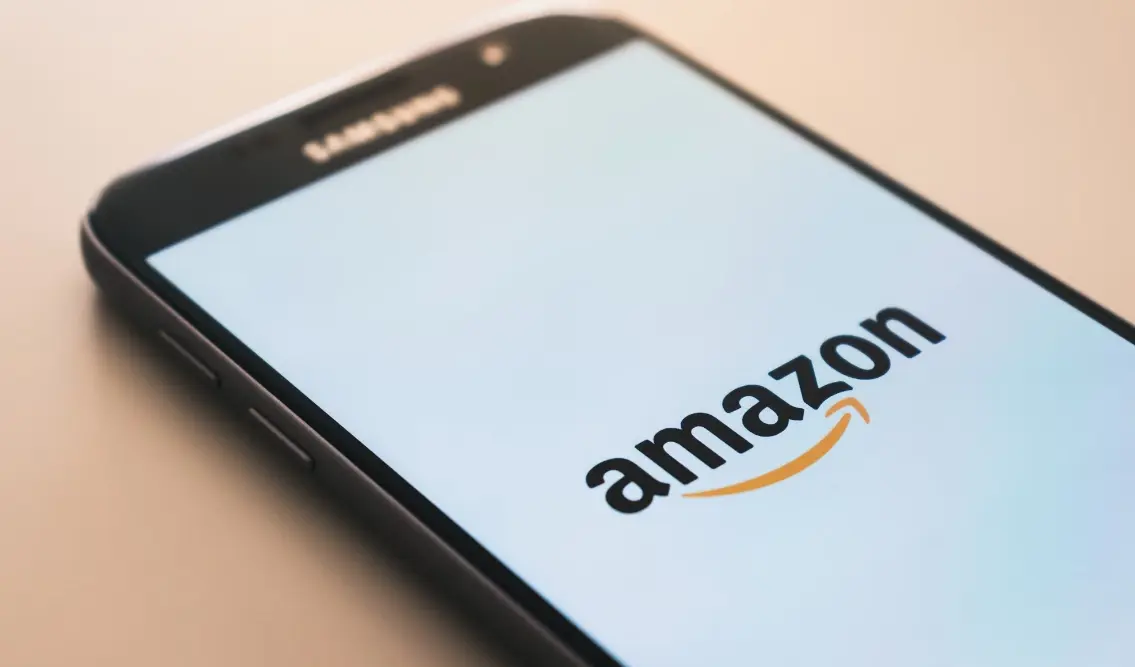
Does the US Accept CE Certification for Electronics?
If you are currently selling electronic devices in the European Economic Area (EEA), you may have already completed the CE certification process. To meet the European Conformity (CE) requirements, your device must be tested and comply with EU standards. Unfortunately, while the CE mark acts as a regulatory passport for your electronic products in Europe, allowing access to the entire single market, it does not mean you can sell your devices in the United States.
The good news is that US electronic regulations are fairly easy to understand. If your device has already been ce certified, complying with US standards is usually a simple process. Below, we will explain the role of CE certification in the US market and how electronic devices must undergo FCC certification to be sold in the US. We will also discuss the typical process of completing ce testing and achieving compliance for electronic devices, from testing to the Declaration of Conformity (DoC) or certification.

CE Certification and the US Market: Basic Information
The CE mark indicates that a product complies with EU health, safety, and environmental protection regulations. Almost all electronic devices sold in the EU and EEA must bear the CE mark. Some countries/regions allow products that have already met ce compliance to be marketed without additional testing or compliance. However, the CE mark is not applicable in the United States. Electronic devices with CE certification cannot enter the US market legally unless they undergo testing under US electrical compliance regulations.
The United States has its own regulatory framework for electronic devices. Most electronic or electrical products sold in the US are regulated by the Federal Communications Commission (FCC), which sets its own performance standards for devices. Notably, the FCC regulates most devices that emit radiofrequency energy through its rules under Part 15 (Title 47 of the Code of Federal Regulations).
CE Certification vs. fcc compliance
What does all this mean? While the legal terms behind US electronics regulations may seem complex, the reality is quite simple. Before your device enters the US market, it needs to be tested in a laboratory to ensure it complies with fcc standards.
FCC compliance is more specific in scope than CE compliance. The CE mark is a broader certification, covering aspects like health, safety, and environmental protection, while FCC compliance primarily focuses on electromagnetic compatibility (EMC). The FCC aims to prevent electronic devices from posing a risk of electromagnetic interference (EMI) or malfunction when exposed to EMI from other devices in the US market.
These requirements are similar to components of EU regulations, such as the EMC Directive. However, while some testing may overlap, if your device only has CE certification, you will need to undergo independent testing to comply with FCC rules. This means working with an accredited testing laboratory to perform the necessary tests, preparing reports, and completing either the certification or Declaration of Conformity (DoC).
How to Gain Access to the US Electronic Product Market
1. Determine the FCC Requirements for Your Product
The first step in achieving FCC compliance and entering the US market is determining which FCC rules apply to your device. Most electronic devices are regulated under Part 15 of the FCC rules, which specify emission and immunity standards. These standards may vary depending on the type of device, with separate standards for intentional radiators (e.g., phones or Wi-Fi devices) and unintentional radiators.
2. Testing and Documentation
The next step in achieving FCC compliance is testing your electronic device. This process involves working with an accredited testing laboratory to verify that your device meets the standards outlined in fcc part 15 (or other relevant FCC regulations). fcc testing includes measuring the device's radiation and conducted emissions, as well as evaluating the product's immunity to emissions from other devices (immunity).
3. Certification and FCC Labeling
Depending on the product category, you may need to complete a Declaration of Conformity or apply for FCC certification. After approval, your electronic device must be properly labeled with the FCC mark to indicate full compliance with all applicable FCC regulations.
Maintaining Compliance
After completing the testing and labeling your product with the FCC mark, it's important to stay updated on any changes in FCC regulations. Standards may evolve over time, and you will need to ensure that your device remains compliant throughout its lifecycle. Continuous compliance is especially important if your product changes over time, uses new technology, or undergoes design revisions that could impact its compliance.
Email:hello@jjrlab.com
Write your message here and send it to us
 ASTM F963 Board Games Compliance Testing
ASTM F963 Board Games Compliance Testing
 ASTM F963 Flammability Test
ASTM F963 Flammability Test
 ASTM F963 Teether Compliance Testing
ASTM F963 Teether Compliance Testing
 How to get an ASTM F963 Test Report?
How to get an ASTM F963 Test Report?
 ASTM F963-16 Fidget Spinner Compliance Testing
ASTM F963-16 Fidget Spinner Compliance Testing
 Is the Label Conform to ASTM F963 Mandatory?
Is the Label Conform to ASTM F963 Mandatory?
 How to Get ASTM F963 Certification
How to Get ASTM F963 Certification
 What Are CPSIA ASTM F963-11 Compliance Standards?
What Are CPSIA ASTM F963-11 Compliance Standards?
Leave us a message
24-hour online customer service at any time to respond, so that you worry!




